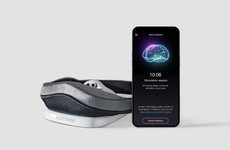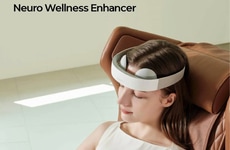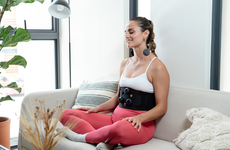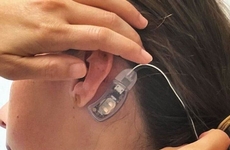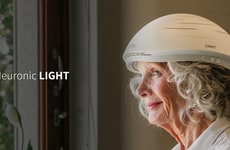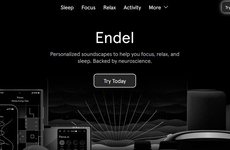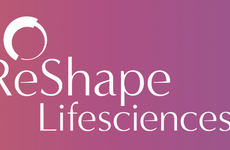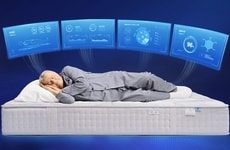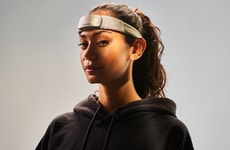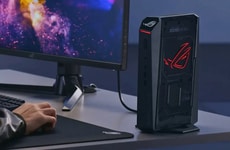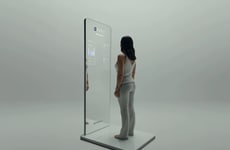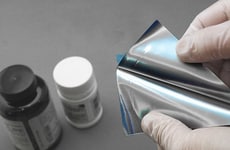
Lenire is Featured in Nature Communications Medicine
References: nature & prnewswire
A recent study published in Nature Communications Medicine has demonstrated promising results for tinnitus patients using Lenire, an FDA-approved bimodal neuromodulation device. The research, which analyzed 220 individuals with moderate to severe tinnitus, found that 91.5% experienced clinically significant improvement after 12 weeks of treatment. These real-world outcomes align with earlier clinical trial data that supported the neuromodulation device’s regulatory approval in 2023.
Lenire’s approach to tinnitus treatment involves simultaneous auditory and tactile stimulation. The device delivers tailored sound frequencies through headphones while applying mild electrical pulses to the tongue via a proprietary electrode array. This dual-pathway stimulation is theorized to modulate overactive neural circuits associated with tinnitus perception.
Administered under audiologist supervision, the treatment requires two daily 30-minute sessions over several weeks, making the device a non-invasive, at-home alternative to existing management strategies.
Image Credit: Neuromod Devices
Lenire’s approach to tinnitus treatment involves simultaneous auditory and tactile stimulation. The device delivers tailored sound frequencies through headphones while applying mild electrical pulses to the tongue via a proprietary electrode array. This dual-pathway stimulation is theorized to modulate overactive neural circuits associated with tinnitus perception.
Administered under audiologist supervision, the treatment requires two daily 30-minute sessions over several weeks, making the device a non-invasive, at-home alternative to existing management strategies.
Image Credit: Neuromod Devices
Trend Themes
1. Bimodal Neuromodulation Advancements - Exploring dual-pathway stimulation techniques offers new horizons in managing neurological disorders beyond tinnitus.
2. Home-based Non-invasive Therapeutics - Developing user-friendly, at-home treatment devices can significantly enhance patient accessibility and compliance.
3. Personalized Auditory-tactile Therapies - Creating customized therapies using precise sound and tactile feedback could lead to breakthroughs in individualized medicine.
Industry Implications
1. Medical Device Design - Engineering next-generation devices with effective neuromodulation capabilities is pivotal to addressing complex medical conditions.
2. Neurological Rehabilitation Technology - Innovations in this sector pave the way for more comprehensive and adaptable solutions for treating sensory disorders.
3. Home Healthcare Solutions - The shift towards convenient in-home medical treatments is revolutionizing patient care models and infrastructure.
7.7
Score
Popularity
Activity
Freshness

